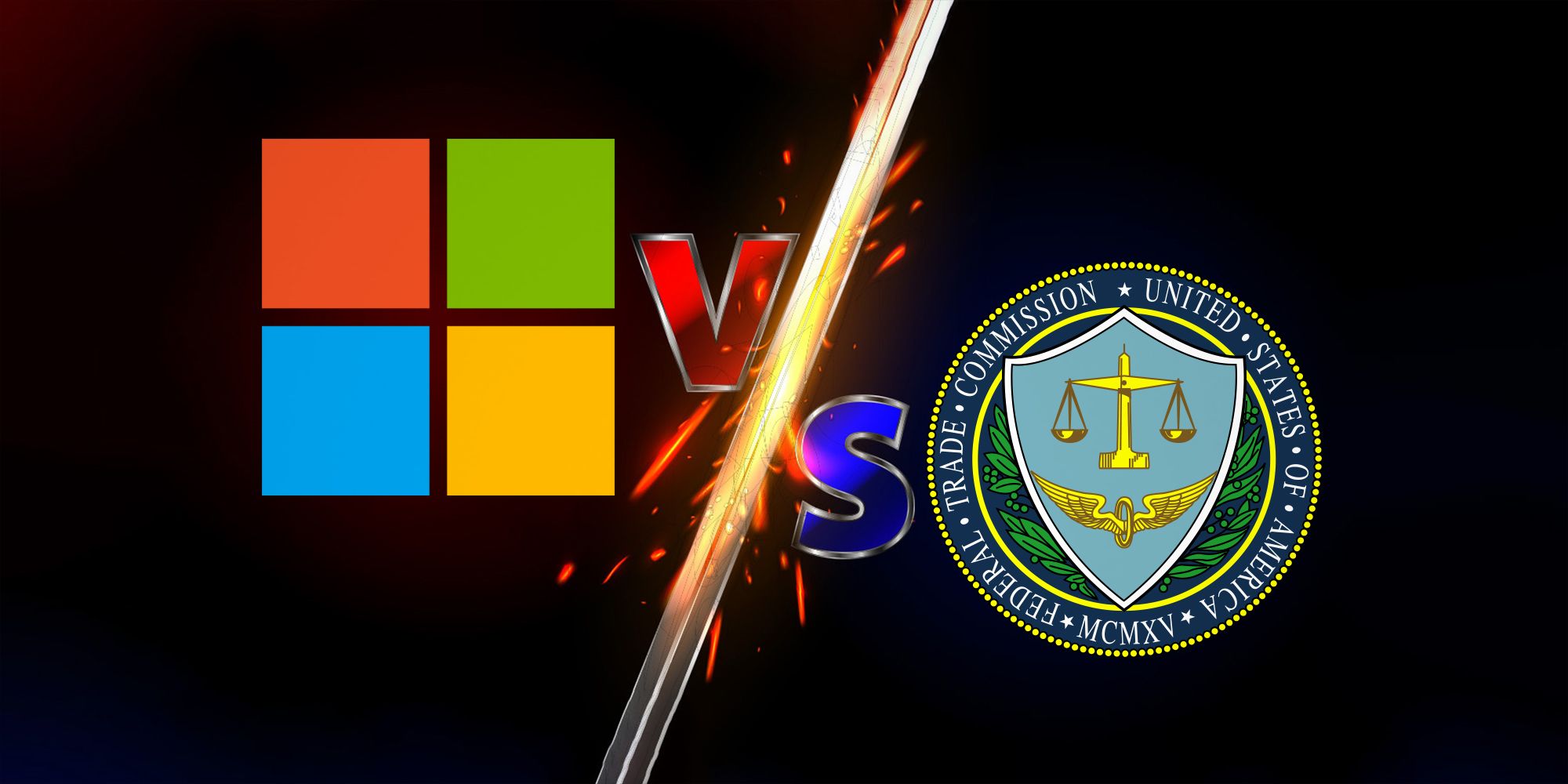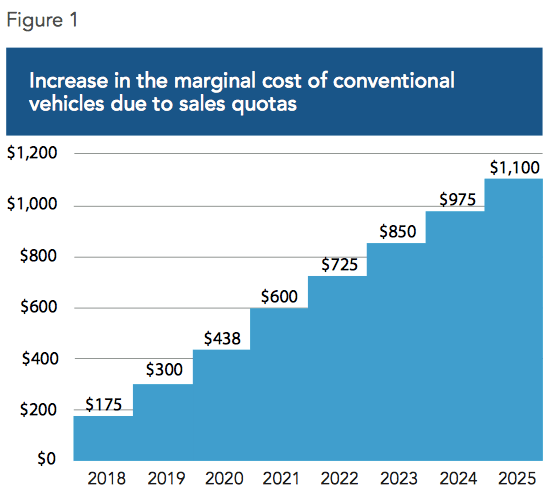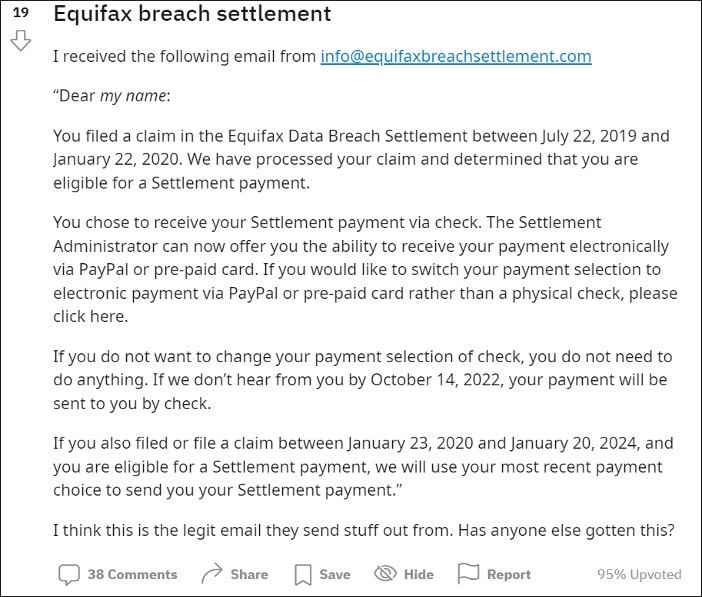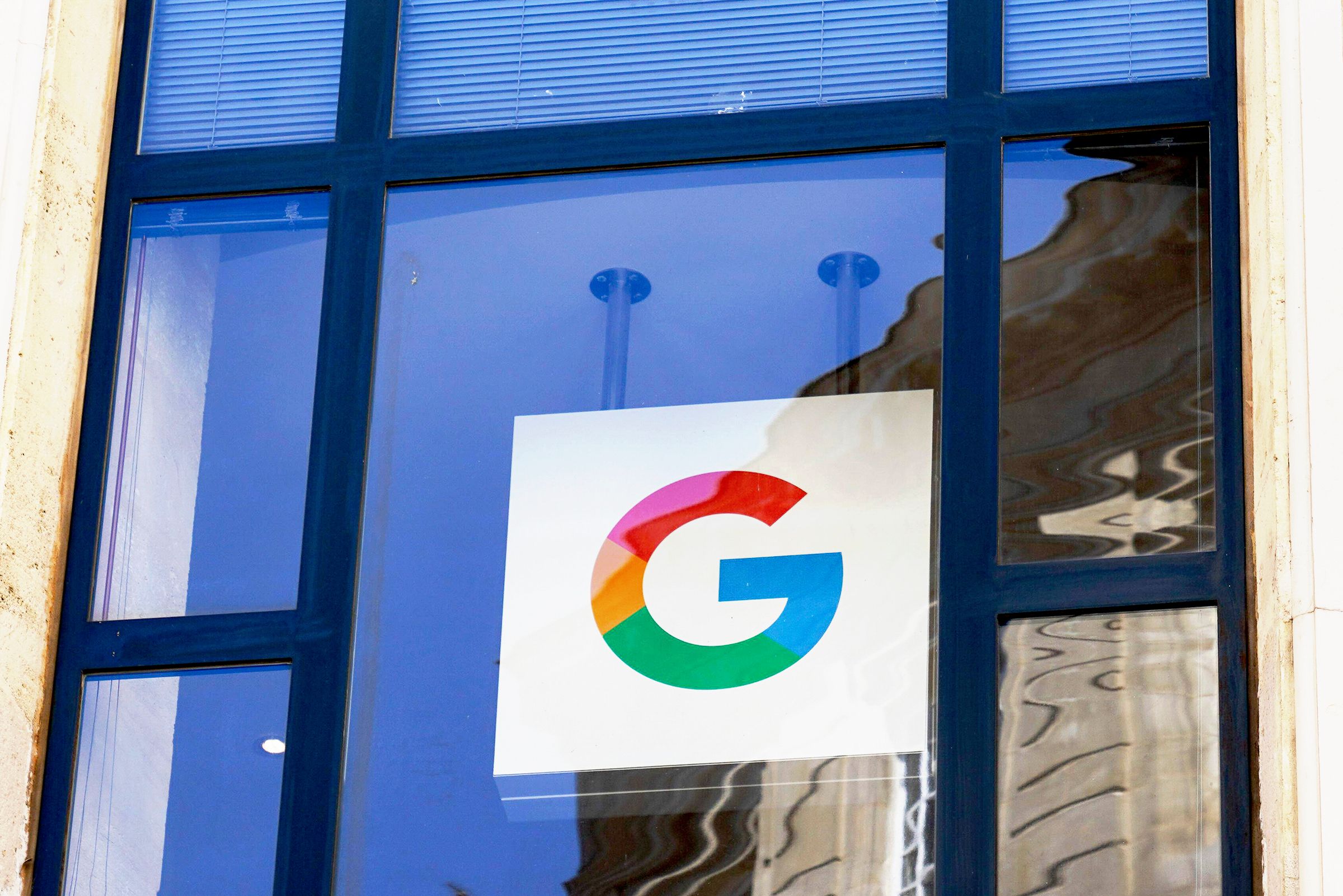FTC Challenges Court Ruling On Microsoft's Activision Blizzard Acquisition

Table of Contents
The Initial Court Ruling and its Implications
In July 2023, Judge Jacqueline Scott Corley of the U.S. District Court for the Northern District of California ruled in favor of Microsoft, dismissing the FTC's attempt to block the acquisition. Judge Corley's decision rested heavily on the FTC's failure to convincingly demonstrate that the merger would substantially lessen competition in the video game market.
-
Summary of the court's key findings: The court found the FTC's arguments regarding the potential for Microsoft to monopolize the gaming market unconvincing, particularly concerning the future of Call of Duty. The judge emphasized the existing competitive landscape and Microsoft's commitments to maintain Call of Duty on PlayStation.
-
Discussion of the legal arguments presented by Microsoft and the FTC: Microsoft argued that the acquisition would expand its gaming offerings, benefitting consumers through increased competition and innovation. The FTC countered that Microsoft's control over Activision Blizzard's valuable properties, such as Call of Duty, World of Warcraft, and Candy Crush, would allow it to stifle competition and harm consumers.
-
Analysis of the impact of the ruling on the gaming market: The initial ruling sent ripples through the gaming industry, potentially allowing Microsoft to significantly increase its Xbox console market share and influence over game publishing.
-
Mention the potential for increased console market share for Xbox: The acquisition gives Microsoft a considerable boost in the console market, potentially challenging Sony's PlayStation dominance.
-
Mention the effect on competition amongst game publishers: The merger raises concerns about reduced competition among major game publishers, potentially leading to less innovation and higher prices for consumers.
The FTC's Arguments for an Appeal
Despite the initial court defeat, the FTC has appealed the ruling, arguing that the judge erred in her assessment of the antitrust implications. The FTC's appeal focuses on preserving competition within the gaming industry and preventing Microsoft from leveraging its market power to harm consumers.
-
Detailed explanation of the FTC's antitrust concerns: The FTC's core argument centers on the potential for Microsoft to make Call of Duty exclusive to Xbox consoles or to make it less appealing on competing platforms, thereby harming PlayStation users and diminishing competition.
-
Focus on the potential for Microsoft to leverage its control over Activision Blizzard's properties (e.g., Call of Duty) to stifle competition: The FTC highlighted the immense popularity of Call of Duty and its importance to the competitive landscape, arguing that Microsoft could use its ownership to harm rival gaming platforms.
-
Discussion of the FTC's proposed remedies or alternative solutions: While the FTC initially sought to block the acquisition outright, the appeal may also explore potential remedies such as behavioral remedies to mitigate anti-competitive concerns.
-
Mention specific examples used by the FTC to support its claims: The FTC's arguments were supported by evidence of Microsoft's past acquisitions and its potential incentives to leverage its position.
-
Analysis of the FTC's legal strategy and likelihood of success: The FTC's appeal represents a significant challenge to Microsoft and will likely involve a lengthy and complex legal process. The success of the appeal hinges on the FTC's ability to demonstrate clear anti-competitive effects.
Potential Outcomes and Future Implications
The FTC's challenge sets the stage for several potential scenarios, each with significant implications for the gaming industry and the tech sector as a whole.
-
Discussion of the potential for a longer legal battle: The appeal could lead to years of legal battles, delaying the full integration of Activision Blizzard into Microsoft's operations.
-
Analysis of the impact on Microsoft's timeline for integrating Activision Blizzard: The ongoing legal challenges could significantly disrupt Microsoft's plans for integrating Activision Blizzard's game studios and franchises.
-
Exploration of possible compromises or settlements: A settlement could involve concessions from Microsoft, such as licensing agreements to ensure Call of Duty remains available on competing platforms.
-
Discussion of the wider implications for future mergers and acquisitions in the tech industry: The outcome of this case could set a crucial precedent for future mergers and acquisitions in the tech industry, shaping the regulatory landscape for years to come.
-
Mention the precedent this case could set for future antitrust cases: The FTC Activision Blizzard Microsoft case could significantly influence future antitrust litigation, particularly in the tech industry, by clarifying the standards for assessing mergers and acquisitions.
Impact on Consumers
The FTC Activision Blizzard Microsoft legal battle has significant implications for gamers and consumers globally.
-
Potential changes in game pricing and availability: Depending on the outcome, consumers might see changes in the pricing and availability of Activision Blizzard games, particularly on different gaming platforms.
-
Potential impact on cross-platform gaming: The case has highlighted the importance of cross-platform gaming and the potential impact of mergers on this increasingly popular aspect of the gaming experience.
-
The effect on subscription services like Game Pass: The acquisition and subsequent legal battle have raised concerns about the future of subscription services like Xbox Game Pass and the potential for exclusivity arrangements.
Conclusion
The FTC's challenge to the court ruling allowing the Microsoft-Activision Blizzard merger represents a significant development in the ongoing debate over antitrust regulation in the tech industry. The key arguments revolve around the potential for Microsoft to use its control over Activision Blizzard's valuable properties, particularly Call of Duty, to stifle competition and harm consumers. The potential outcomes are far-reaching and could significantly impact the gaming landscape and set a precedent for future mergers and acquisitions. The antitrust concerns raised highlight the complexities of regulating powerful tech companies and ensuring a competitive and innovative market for consumers. Stay updated on the ongoing legal battle surrounding the FTC Activision Blizzard Microsoft acquisition. Continue to follow this developing story to understand the implications for the gaming industry and future mergers and acquisitions. Further research into antitrust law and its impact on the tech sector is encouraged.

Featured Posts
-
 Remembering Pope Francis His Life And Legacy After Death At 88
Apr 22, 2025
Remembering Pope Francis His Life And Legacy After Death At 88
Apr 22, 2025 -
 Zuckerbergs Next Chapter Navigating A Trump Presidency
Apr 22, 2025
Zuckerbergs Next Chapter Navigating A Trump Presidency
Apr 22, 2025 -
 Resistance Grows Car Dealers Push Back Against Electric Vehicle Quotas
Apr 22, 2025
Resistance Grows Car Dealers Push Back Against Electric Vehicle Quotas
Apr 22, 2025 -
 16 Million Penalty For T Mobile Details Of Three Year Data Breach Settlement
Apr 22, 2025
16 Million Penalty For T Mobile Details Of Three Year Data Breach Settlement
Apr 22, 2025 -
 Googles Antitrust Challenges A Looming Breakup
Apr 22, 2025
Googles Antitrust Challenges A Looming Breakup
Apr 22, 2025
